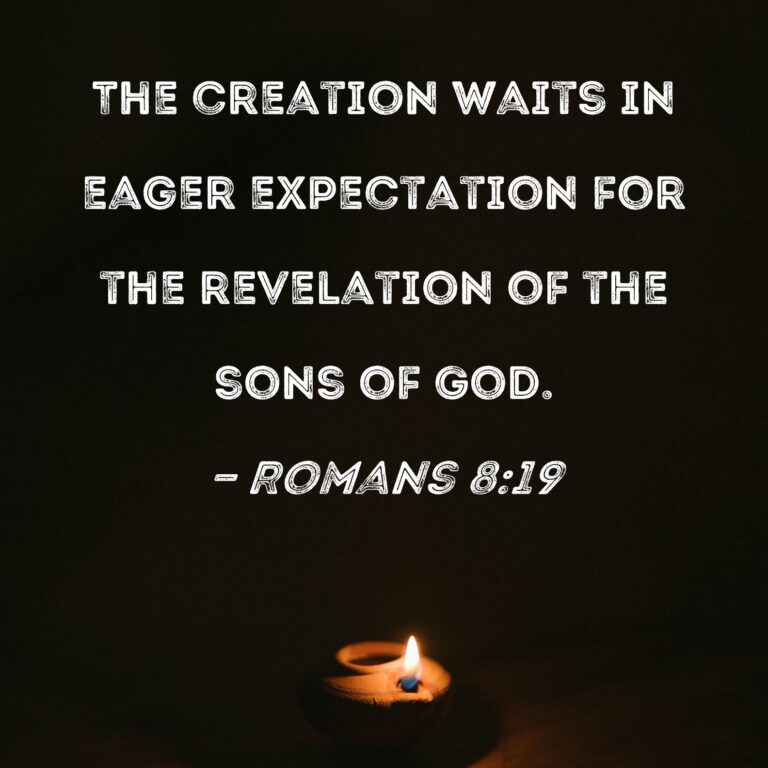Is Manifestation against Religion? Unveiling Myths
Manifestation is not inherently against religion, as it is a personal belief and practice. Many people integrate manifestation techniques with their religious beliefs to enhance their spiritual connection and personal growth.
Manifestation can be seen as a way to align oneself with divine will and bring about positive change in accordance with religious teachings. While some religious traditions may have reservations about certain aspects of manifestation, it is not universally condemned and can be compatible with faith for many individuals.
In this blog post, we will explore the relationship between manifestation and religion, examining how these two concepts intersect and coexist in the lives of believers. We will also discuss different perspectives on this topic and provide insights into how manifestation can complement religious principles for personal empowerment and spiritual development.
The Intersection Of Manifestation And Faith
Manifestation is a practice that involves focusing on positive thoughts and visualizing desired outcomes to attract them into reality. While some people believe in the power of manifestation, others view it as being against their religious beliefs.
When it comes to the intersection of manifestation and faith, there are contrasting belief systems. Some religious individuals argue that manifestation goes against their belief in the will of a higher power and that attempting to manifest goes against the natural order of things.
On the other hand, there are common grounds as well. Both manifestation and religion involve the power of belief and positive thinking. While they may differ in their approaches, they both aim to bring about positive change in one’s life.
Defining Manifestation
Manifestation, in its essence, is not inherently against religion. It is a concept that can be interpreted and practiced in various ways, depending on an individual’s beliefs and perspectives.
The origins of manifestation can be traced back to ancient philosophies and spiritual traditions, where the focus was on the power of intention and positive thinking. The principles revolved around the idea that our thoughts and emotions can influence our reality, and by aligning our thoughts with our desires, we can attract positive outcomes.
In modern times, manifestation has gained popularity through the teachings of the Law of Attraction. This concept suggests that by visualizing and believing in our goals, we can manifest them into reality. However, it is important to note that manifestation is not limited to this specific interpretation and can encompass a broader range of practices.
Ultimately, whether manifestation aligns with one’s religious beliefs or not is a personal decision. It can be seen as a tool to enhance one’s spiritual journey or simply as a way to set and achieve goals. As with any practice, it is essential to approach manifestation with an open mind and respect for individual perspectives.
Core Tenets Of Major Religions
The Christian perspective emphasizes the power of prayer and faith in the manifestation process. Islamic views underscore the importance of submission to the will of Allah. Buddhist thoughts center on the law of karma and the impact of intentions on reality.
Manifestation In Historical Contexts
Manifestation has been practiced for centuries in different forms. Ancient practices such as the Law of Attraction and positive thinking were used to manifest desires. Over centuries, manifestation has evolved and taken various forms, including religious practices such as prayer, meditation, and visualization. However, manifestation is not against religion. In fact, many religious teachings encourage individuals to visualize their desires and have faith that they will come to fruition. The key difference between religious manifestation and secular manifestation is the belief in a higher power. Religious manifestation involves trusting in a divine power to bring forth the desired outcome, while secular manifestation involves trusting in oneself and the universe to manifest the desired outcome. Ultimately, manifestation is a personal practice that can be used in conjunction with one’s religious beliefs or as a secular practice to achieve personal goals.
Misconceptions About Manifestation
Manifestation is often misunderstood and wrongly associated with religion. Many people have misconceptions about manifestation, believing it goes against their religious beliefs. However, this is far from the truth.
One common myth about manifestation is that it involves supernatural or mystical powers. In reality, manifestation is simply the practice of focusing your thoughts, beliefs, and intentions to attract what you desire in life.
Another misconception is that manifestation promotes selfishness or materialistic desires. On the contrary, manifestation can be used to manifest positive changes not only in one’s own life but also in the lives of others and the world as a whole.
The media often plays a role in shaping these misconceptions. Movies, books, and other forms of media often portray manifestation as something mysterious or connected to specific religious practices. This portrayal can lead to misunderstandings and create a divide between manifestation and religion.
It is important to recognize that manifestation is a personal practice that can be aligned with any belief system or religion. It is about harnessing the power of the mind and focusing on positive outcomes, regardless of one’s religious or spiritual beliefs.
Religious Doctrine Vs. Personal Belief
Manifestation and religion are two concepts that often intersect but can also be viewed as separate entities. When examining the relationship between the two, it is important to consider the distinction between religious doctrine and personal belief. Religious doctrine refers to the established teachings and principles of a particular religion, which may dictate how followers interpret and practice their faith.
On the other hand, personal belief allows for individual interpretations and understanding of spirituality. While religious doctrine provides a framework for belief, personal interpretation allows individuals to incorporate their own experiences, values, and perspectives into their understanding of religion.
This distinction can be particularly relevant when discussing the role of dogma. Dogma refers to the prescribed beliefs and practices within a religion, which can sometimes limit personal interpretations. However, it is essential to note that not all religions or religious individuals adhere strictly to dogma. Many individuals find ways to reconcile their personal beliefs with the teachings of their religion.
Therefore, it is not accurate to claim that manifestation is inherently against religion. Instead, it is a complex and nuanced topic that varies depending on individual perspectives, religious doctrines, and personal beliefs.
Testimonies And Anecdotes
| Testimonies and Anecdotes |
| Personal Journeys |
| Clergy Opinions |
Manifestation of beliefs can sometimes conflict with established religious practices. Individuals share diverse experiences related to this topic. Stories of personal growth and challenges surface. Clergymen also offer their thoughts on this complex issue.
Navigating Conflicts
Manifestation and religion can coexist peacefully by approaching conflicts with counseling and guidance. Finding balance between belief systems is crucial for harmony.
Conclusion
The debate around manifestation and religion is complex, with varying perspectives and interpretations. While some may view manifestation as conflicting with religious beliefs, others find harmony in the two practices. Ultimately, the relationship between manifestation and religion is deeply personal and can differ from person to person.



